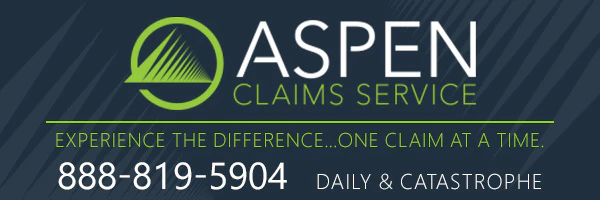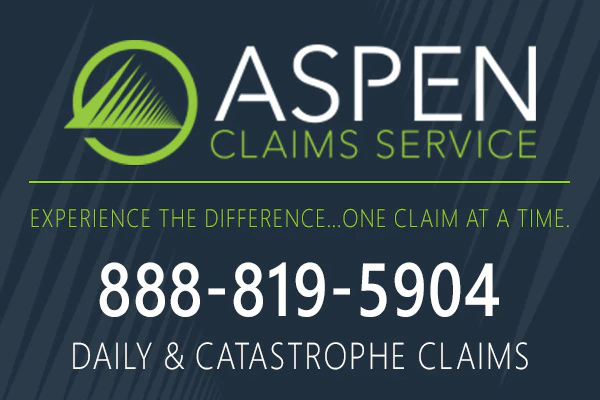
Consistency as an Ethical Practice
Thursday, September 4th, 2025 Claims Pages Staff Ethics in Claims Adjusting: Building Trust in a Competitive IndustryWhen people talk about ethics in the insurance industry, they often focus on major conflicts—fraud investigations, coverage disputes, or whistleblower moments. But for claims adjusters, ethics also lives in the quiet routines: how we take notes, how we communicate, and how we evaluate similar losses across different claimants. That’s where consistency becomes not just a best practice, but an ethical one.
Consistency ensures that no claimant is unfairly advantaged—or disadvantaged—by who happens to be assigned their file. It signals that decisions are driven by professional standards, not by mood, bias, or external pressure. And over time, consistency builds institutional trust, both within your team and with the public you serve.
Adjusters often juggle dozens of claims at once, each with its own set of facts, personalities, and deadlines. It’s natural to prioritize certain files or adapt your tone to fit the situation. But when standards shift too much from case to case, even unintentionally, patterns of inequity can emerge. A claimant who receives extra empathy or leniency because they’re especially persuasive—or pushy—may walk away satisfied. But what about the one who’s quiet, compliant, and receives a stricter outcome?
Here are some areas where ethical consistency matters most:
- Documentation: Make sure all claims, regardless of complexity or claimant demeanor, receive the same level of detailed documentation. Inconsistent notes can affect both continuity and defensibility.
- Communication cadence: Strive to maintain regular updates with every policyholder, not just the ones who call frequently. Proactive communication shouldn’t be reserved for the squeaky wheels.
- Policy interpretation: Apply the same interpretations of language across similar claims. If a clause was interpreted a certain way last month, today’s claimant deserves the same logic—unless something materially changes.
- Settlement evaluation: Use uniform criteria when assessing damages and assigning value. If you make exceptions, make sure they’re documented and justifiable—not based on favoritism or convenience.
Consistency also supports internal accountability. When your work is reviewed, consistent standards make it easier for peers and supervisors to understand your decisions. It fosters a culture where colleagues know what to expect—and where discrepancies can be discussed openly rather than hidden or rationalized.
Externally, consistency helps earn the respect of policyholders, attorneys, and even regulators. It signals professionalism. When claimants know they’ve been treated the same as anyone else would be under similar circumstances, they’re more likely to accept the outcome—even if it’s not what they hoped for.
In a fast-paced environment, consistency may not always feel efficient. It requires attention to detail, repeatable systems, and regular reflection. But it pays dividends in trust, clarity, and reduced risk. And in a competitive industry where reputation matters, those dividends are worth protecting.
At the end of the day, ethical excellence isn’t just about the big decisions—it’s about the daily ones. Adjusters who show up with steady standards, clear processes, and equal respect for every claim help raise the bar for the entire profession.
Ethical behavior in claims adjusting is more than a regulatory necessity—it's the key to building lasting trust with policyholders, colleagues, and partners. In this series, "Ethics in Claims Adjusting: Building Trust in a Competitive Industry," we examine the frameworks, strategies, and mindset that help adjusters uphold integrity even under pressure.
Explore the full editorial collection at Ethics in Claims Adjusting: Building Trust in a Competitive Industry and discover how leading with ethics can elevate both performance and professional reputation.

